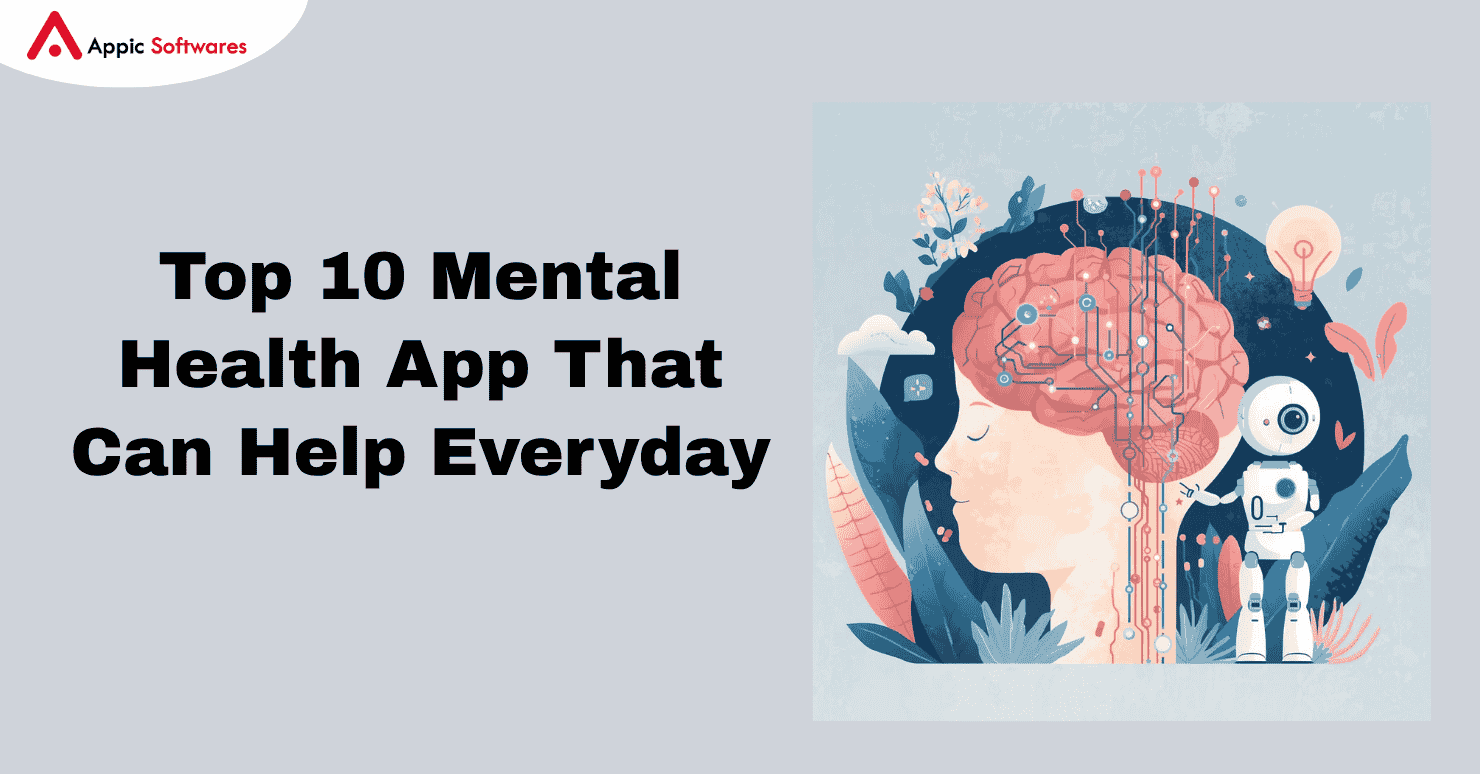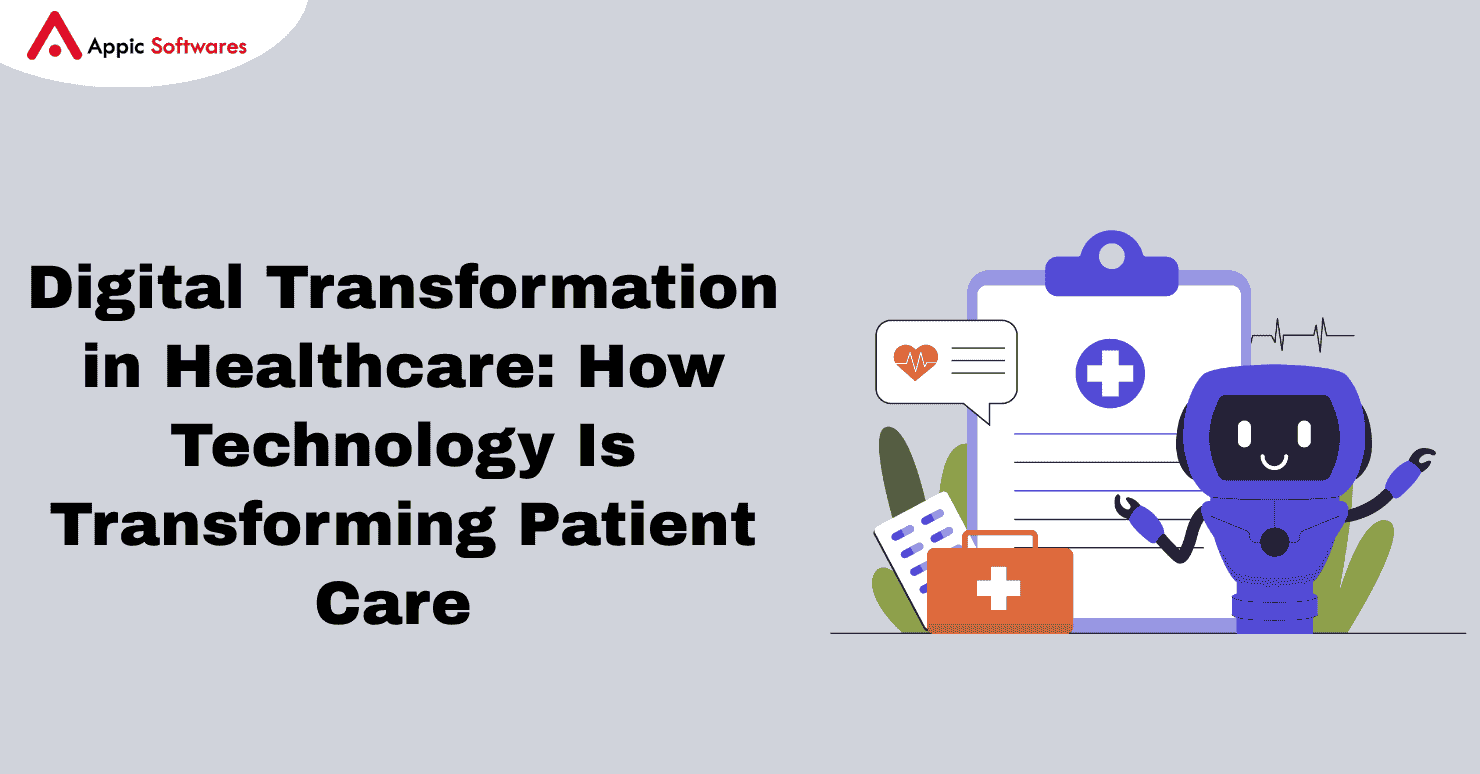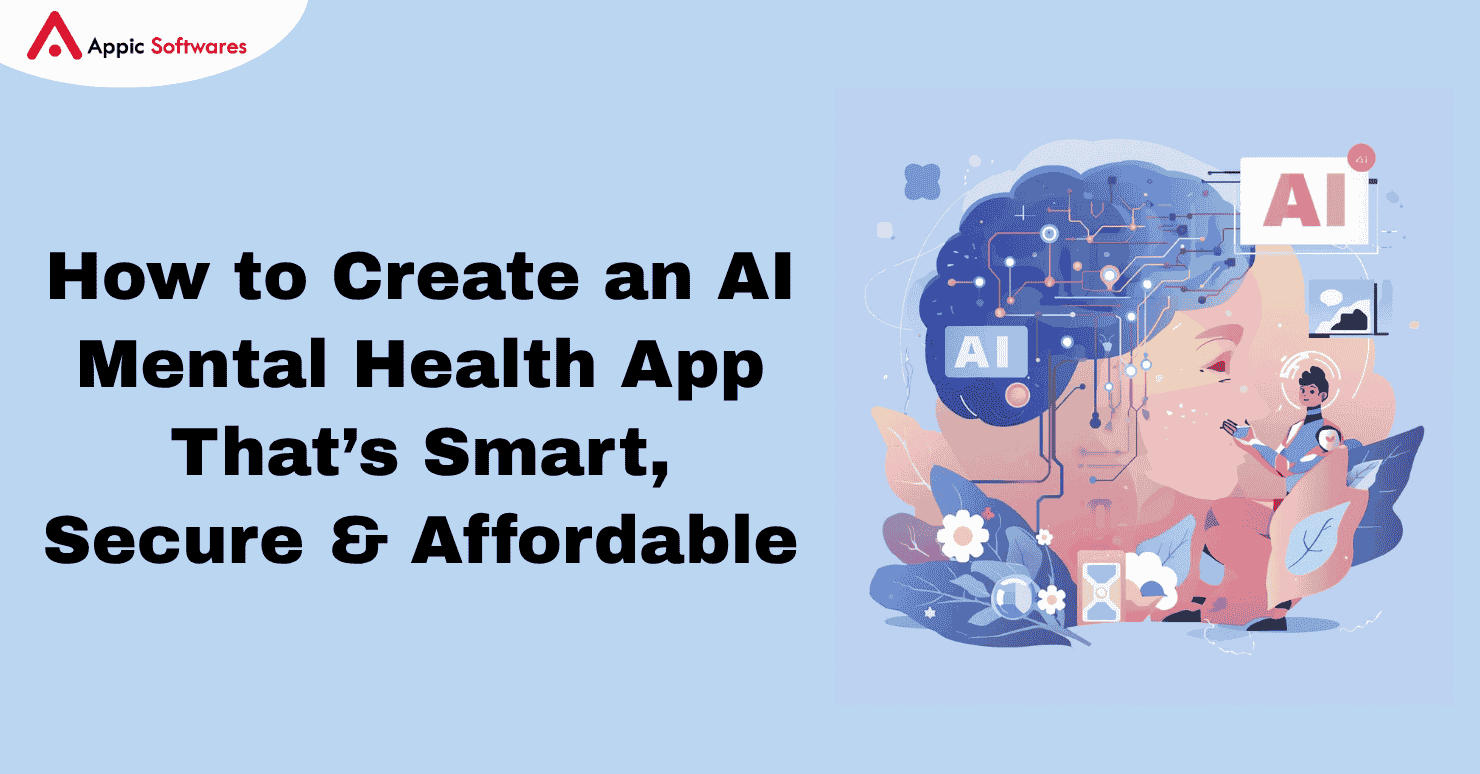
I don’t know about you, but some days my brain feels less like a computer and more like a messy room. You know the kind of clothes on the floor, a bunch of half-finished projects on the desk, and a constant low-grade hum of anxiety about where to even start cleaning. It’s… a lot. Finding a quiet corner in that mess feels impossible, which is exactly why the idea of a mental health app caught my eye. Not as some magic wand, but maybe as a little helper to just pick up one thing at a time.
Honestly, digging through the app store is a job in itself. Every other download promises to make you calmer, happier, and more focused. But how many of them actually work? I got tired of the noise and decided to find out which ones genuinely feel like a friend in your pocket, not just another notification to ignore. So here’s the deal. We’re going to look at ten that actually seem to get it right, a real mental health app for real, messy days.
Core Features of the Best Mental Health Apps
It’s pretty wild when you think about it. Just a decade ago, an app for your brain would’ve sounded like something out of a sci-fi movie. Now, the best mental health apps are these incredibly thoughtful tools built on actual psychology. They’ve moved way beyond simple timers with calming rain sounds. We’re talking guided meditations, mood journaling that actually reveals patterns, and even exercises based on Cognitive Behavioral Therapy (CBT). The whole point is to give you a toolkit you can pull out whenever you need it, whether you’re in line for coffee or hiding in the bathroom for five minutes of peace. The very best mental health apps are designed for real life.
The Innovation in Mental Health App Development
The world of healthcare app development company is moving at lightning speed. And honestly, we probably have to thank Calm and Headspace for kicking the whole thing into overdrive. They took this niche idea of guided meditation and made it as normal as tracking your steps.
- Calm: This one is basically a warm, weighted blanket for your mind. It’s famous for its Sleep Stories bedtime stories read by people with incredibly soothing voices (Matthew McConaughey, anyone?). But the real gold is its massive library of meditations for anxiety, focus, or just chilling out. The soundscapes alone are worth it.
- Headspace: If Calm is the cozy blanket, Headspace is the friendly, patient teacher who makes you feel like you can totally do this. Its approach is more structured, with courses that break down the why behind mindfulness. It’s perfect if you’re the kind of person who wants to understand how it all works. Plus, the little animations are just delightful.
The mental health app development behind platforms like these is all about making self-care feel approachable, not like another chore on your to-do list.
Criteria for Selecting Top Mental Health Apps
So, what separates the good from the great? When I was sifting through everything, I had a mental checklist. First, it has to be simple. If I’m already stressed out, the last thing I need is a confusing app. Second, it needs to have some science or psychology behind it—not just good vibes. And finally, it needs to be flexible. The top mental health apps know that what works for me on a Monday might not be what I need on a Friday.
Two that absolutely nail this are Sanvello and Moodfit.
- Sanvello: This app is a beast, in the best way possible. It’s built on CBT and mindfulness, offering everything from therapy and coaching to simple self-care tools. You can track your mood, work through guided “journeys” that target specific issues, and learn to spot your own thought patterns. It’s one of the most comprehensive toolkits out there.
- Moodfit: I love this one for its practical, “what can I do right now?” vibe. Based on how you’re feeling, it suggests small, actionable things you can do to feel a bit better. Feeling overwhelmed? Try this breathing exercise. Feeling kinda blah? Here’s a gratitude prompt. It’s brilliant for building a routine of positive habits, making it one of the top mental health apps for in-the-moment support.
The Evolving Mental Health Application Landscape
The whole world of mental health applications is growing. It’s not just about meditating anymore. We’re seeing this huge shift towards interactive tools, AI support that actually feels supportive, and apps that focus on very specific needs. It feels like the goal is to create a truly personal experience, which is incredibly cool. A great mental health application doesn’t give you a one-size-fits-all plan; it meets you exactly where you are.
The Surprising Role of an AI Mental Health App
I’m not gonna lie, the idea of talking to a robot about my feelings felt weird at first. But the rise of the AI mental health app has been one of the most interesting things to watch. These apps aren’t trying to replace human therapists. Not at all. They’re designed to be a safe, completely non-judgmental space to just get the thoughts out.
The crazy part? It really helps. Sometimes you just need to say the thing out loud without worrying about how it sounds or what someone will think.
- Wysa: This app’s mascot is a friendly little AI penguin you can chat with 24/7. It asks surprisingly insightful questions and can lead you through mindfulness exercises and other techniques. There’s something deeply comforting about it.
- Woebot: This chatbot was developed by experts from Stanford, and it uses CBT to help you challenge and reframe negative thoughts. It checks in with you every day, like a supportive friend. The fact that an AI mental health app can teach these proven skills is a massive step forward in making help more accessible.
User Experience in Top Mental Health Apps
Look, it doesn’t matter how great an app’s features are. If it’s a pain to use, you’re just not gonna use it. The absolute top mental health apps understand this, and they pour resources into making the user experience smooth, intuitive, and maybe even a little fun.
A perfect example of this philosophy is Daylio.
Daylio: This isn’t a therapy app. It’s a ridiculously simple micro-diary and mood tracker. You just pick your mood and tap on the activities you did that day. That’s it. But over time, it shows you these amazing little charts and insights. “Hey, you seem happier on days you go for a walk.” It’s data-driven self-awareness, and it takes literally ten seconds a day.
Also read this:- 11 Ways You Can Eliminate Mental Health Out of Your Business.
The Impact of a Mental Health Awareness App
Beyond just being a tool, a solid mental health awareness app does something bigger: it makes taking care of your brain feel normal. As normal as brushing your teeth or going for a run. By putting these practices right on our phones, these apps are chipping away at the stigma and turning mental wellness into something proactive you do every day, not just when you’re in a crisis. Using a mental health awareness app is a quiet little revolution.
Daily Habit-Building with Top Mental Health Apps
Consistency is the whole game. The best apps are designed to help you build tiny, sustainable habits that actually stick. They use gentle reminders, progress trackers, and streaks to keep you motivated without making you feel guilty if you miss a day. Among the top mental health apps, this is a key feature.
Stoic: This app is a mix of a journal, a mood tracker, and a guide to Stoic philosophy. It gives you these thoughtful morning and evening prompts that really make you pause and reflect. It’s all about focusing on what you can control, and it’s fantastic for building a daily habit of mindfulness.
The Evolution of Mental Health App Development
Finally, one of the most important shifts in mental health app development is how it’s bridging the gap between self-help and professional therapy. This is making real, licensed support more affordable and accessible than ever before.
Talkspace & BetterHelp: These are the big players in online therapy. They aren’t just toolkits; they are platforms that connect you directly with a licensed therapist. You can communicate through text, audio, or video messages. It’s actual therapy, just delivered in a way that fits into a busy, modern life. For anyone who finds traditional therapy too expensive, intimidating, or just plain hard to schedule, these services are game-changers. This evolution in mental health app development is huge.
The Real Deal on These Apps
Listen, no app is going to wave a magic wand and solve all your problems. That’s not what this is about. But a good mental health app can be an incredible ally. It can be the voice that reminds you to breathe when your chest is tight, the tool that helps you see why you feel drained every Wednesday, or just a safe space to unload your thoughts.
It’s really about finding the right tool that clicks for you. Whether that’s a cheerful AI penguin, a sleep story that actually works, or a direct line to a professional, there’s something out there that can help the day-to-day feel a little lighter. And in my book, that’s a pretty big deal.
Frequently Asked Questions
Are mental health apps a replacement for therapy?
No, and that’s a super important distinction. The best mental health apps are amazing tools for support, building coping skills, and practicing self-care. Think of them as a supplement to therapy or a great first step. But they absolutely don’t replace the personalized, deep-dive care you get from a real human therapist, especially if you’re dealing with serious mental health conditions.
How much do these apps actually cost?
It’s all over the place. A lot of apps like Wysa and Daylio have really useful free versions. Others, like Calm and Headspace, are “freemium”; you get a taste for free, but need a subscription (usually around 70−70−100 a year) to unlock everything. Then you have therapy apps like Talkspace and BetterHelp, which are subscription-based and cost more, but they are often way more affordable than paying for traditional in-person therapy sessions out of pocket.
Can an AI mental health app really help?
I was skeptical too, but yeah, it can! Studies have shown that chatbot apps like Woebot can genuinely help reduce symptoms of anxiety and depression. An AI mental health app gives you a 24/7, zero-judgment zone to practice cognitive behavioral therapy techniques and just talk things out. For many people, that’s incredibly valuable.
What’s the most important thing to look for in a mental health application?
First, check if it’s based on proven methods like CBT or mindfulness. Second, read the privacy policy. You need to know your data is safe. But honestly, the most important thing is finding a mental health application you actually like using. If you dread opening it, it’s not the right one for you, no matter how great its features are.
Are these apps safe and private?
This is a huge question. Reputable apps take this very seriously, but you’ve gotta do your homework and read the privacy policy. Generally, the top mental health apps are secure, but always be mindful of the information you’re sharing. The therapy-specific apps like Talkspace and BetterHelp are HIPAA compliant, which means they follow strict federal laws to protect your health information.







